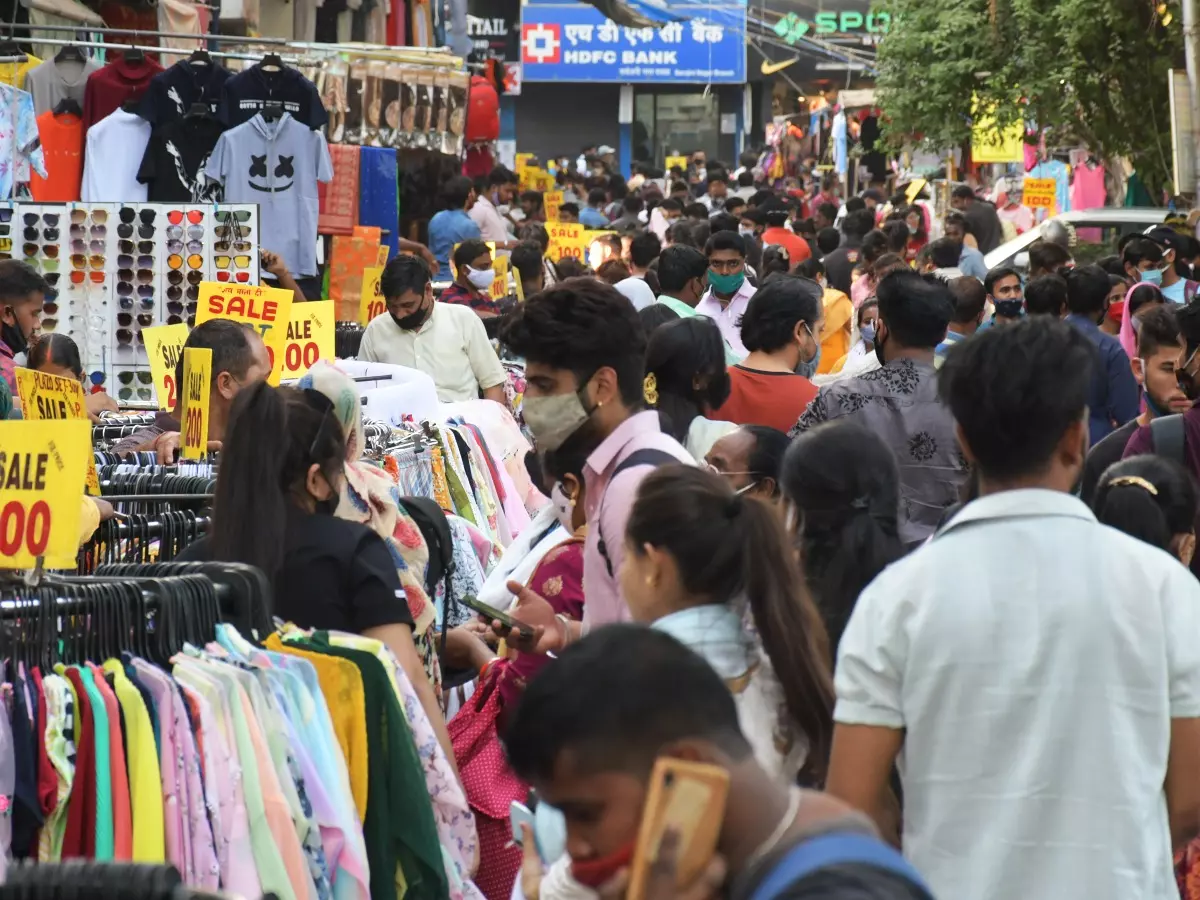With 44,230 New Infections, India Sees The Highest Rise In 3 Weeks; Rising R-Value Adds Concern
In the past 24 hours on Thursday, India reported 44,230 new COVID-19 cases, the most in three weeks. In fact, the number of daily infections was above the 40,000 mark all throughout the week, and is it showing an upward trend.

At a time when most of India is eager to get back to life as normal, amid the decline in the daily COVID-19 infections in the country, the developments over the past few days suggest that the pandemic is not over yet and we need to be careful.
In the past 24 hours on Thursday, India reported 44,230 new COVID-19 cases, the most in three weeks.
 BCCL
BCCL
In fact, the number of daily infections was above the 40,000 mark all throughout the week, and is it showing an upward trend.
Among the states, Kerala which reported more than 22,000 new infections for the third day this week remains the biggest concern.
The disease's estimated reproduction rate, or R value, has also inched up in the past week,
Rising R-Value
The R value hit 1 on July 24 - meaning on average, every 10 people infected will infect 10 other people - for the first time since May when daily infections were near a peak of 400,000.
 AFP
AFP
The R-value is climbing steadily with Kerala and the northeastern states occupying top spots fuelling worries about the pandemic rearing its head again.
In the northeast, only Tripura has an R-value substantially lower than one while Manipur has gone only marginally below one. Among other states in India, Uttarakhand has an R-value very close to one at the moment.
Among the metro cities, the R-values of Pune and Delhi are inching towards one, suggests an analysis by researchers at the Institute of Mathematical Sciences in Chennai.
In Delhi, the R-value of Delhi between June 21- 26 was 0.8. It declined to 0.66 between June 28 and July 6, but rose to 0.84 between July 4 and 20.
 BCCL
BCCL
When the number of active cases remains in the range of a few hundred and the R-value is near one, then an outbreak can be controlled much easier, Sitabhra Sinha of the Institute of Mathematical Sciences said.
R-Value in the peak
When the second wave of the COVID-19 infection was at its peak, the overall R-value in the country was estimated to be 1.37 between March 9 to April 21. It declined to 1.18 between April 24 and May 1 and then to 1.1 between April 29 and May 7, according to the analysis.
Between May 9 and 11, the R-value was estimated to be around 0.98. It dropped to 0.82 between May 14 and May 30 and further to 0.78 from May 15 to June 26. The R-value however rose to 0.88 from June 20 to July 7 and then to 0.95 from July 3-22.
 BCCL
BCCL
"India's overall active cases are fluctuating too much to get a reliable estimate, but data is pointing at a value close to one. It may tip over either way in the coming few days," said Sinha.
An R-value of 0.95 means, every 100 infected people on an average pass on the infection to 95 other individuals. If the R-value is lesser than one, it means the number of newly infected people is lower than the number of infected people in the preceding period which means the disease incidence is going down.
The smaller the value of R, the faster the disease is on the decline. Conversely, if R is greater than one, then the number of infected people is increasing in each round technically, this is what is called the epidemic phase.
